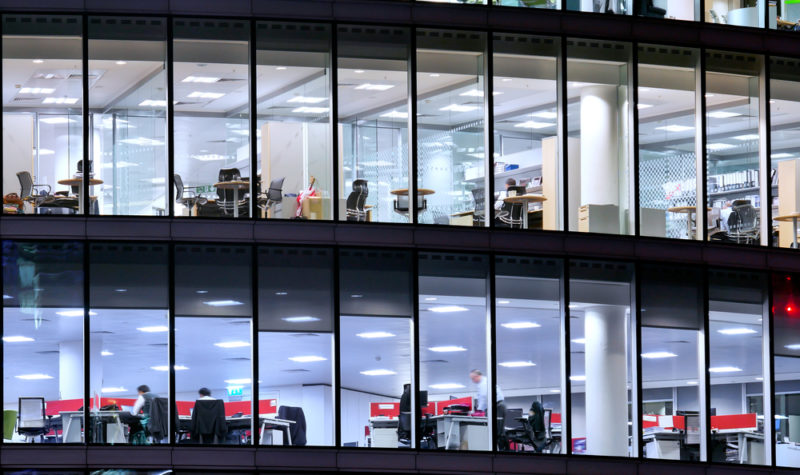Why these 2 falling property stocks offer value for money

Property stocks British Land (LON: BLND) and Vistry (LON: VTY) have experienced significant share price declines over recent months. Indeed, they are currently down 10% and 23%, respectively, since the start of the year.
While investor concerns regarding probable interest rate rises and a more uncertain economic environment due to the Ukraine war are merited, both stocks could offer good value for money on a long-term view.
Their wide margins of safety, solid financial positions and growth strategies could lead to strong share price recoveries in the coming years.
British Land
The FTSE 100 real estate investment trust’s (REIT) recent share price fall means that it now trades at a discount to net tangible assets of almost 30%. This suggests that it offers a wide margin of safety should commercial property values come under pressure in the near term from the effects of a weaker-than-expected economic performance and rising interest rates.
Clearly, the company has experienced a challenging period due to Covid-19. However, its latest half-year results, which were released prior to the emergence of Omicron, showed encouraging data with regard to footfall and rent collection that could continue in future. Indeed, all office rents were collected and retail rent collection was close to pre-pandemic levels. Meanwhile, footfall at its retail locations returned to 89% of its pre-pandemic levels.
In terms of financial position, British Land’s loan-to-value ratio of 33% means that it has 43% headroom to its debt covenants. This suggests it has the financial means to not only overcome a period of potentially challenging operating conditions, but to invest in areas such as urban logistics developments in London and mixed-use assets that offer long-term growth opportunities.
As a result, the company’s long-term recovery prospects appear to be sound. Risks are likely to remain at elevated levels due to economic uncertainty in the short run. But a wide margin of safety suggests they have been factored in by investors.
Vistry
The FTSE 250 housebuilder also faces an uncertain near-term outlook. Probable rises in interest rates in response to high inflation could make new homes less affordable. When combined with a cost of living crisis that is set to gather pace as the year goes on, the short-term outlook for the housebuilding industry is relatively uncertain.
However, this appears to be reflected in Vistry’s share price. It trades on a forward price-earnings ratio of 6.8, which is significantly lower than many other FTSE 100 companies. Meanwhile, its net cash position of £235m suggests it has the financial capacity to overcome less favourable operating conditions than those experienced in recent months.
Encouragingly, Vistry was able to increase its gross margin last year in spite of supply chain challenges. It expects a further rise in the current year. It has also added to its land bank over recent months and has the financial means to capitalise on any decline in land values.
Vistry’s share price performance could be relatively volatile in the short run due to global geopolitical events and economic difficulties in the UK. However, its long-term growth prospects and financial position do not appear to be reflected in its low valuation.
Comments (0)